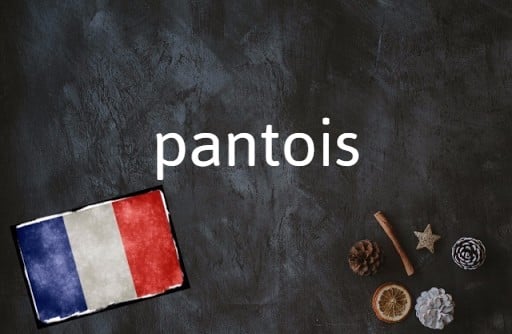Why do I need to know faire partie des murs?
Because you might say this about someone you’ve started to spend a lot of time with.
What does it mean?
Faire partie des murs – roughly pronounced fair par-tee day mure – translates precisely as ‘to make (or be) part of the walls’.
This expression is not literal – it is the French equivalent of ‘being part of the furniture’. It means that someone has been hanging around a lot, so much so that their presence has become normal and expected.
French people sometimes also say faire partie des meubles, but murs is more common than meubles (furniture).
Just as you would use it in English, you might use this to talk about a growing familiarity with a close friend or romantic partner.
In French you can also use this expression in a more abstract way to describe an omnipresent concept. For example, you could say la superstition fait partie des murs de notre maison if you come from a very superstitious family.
Use it like this
Il fait partie des murs maintenant. On voit ton copain pratiquement tous les week-ends. – He’s part of the furniture now. We see your boyfriend practically every weekend.
Dans ma famille, les discussions politiques font partie des murs. Mais ne t’inquiète pas, tout le monde est gentil. – Political discussion is the norm in my family. But don’t worry, everyone is nice.



 Please whitelist us to continue reading.
Please whitelist us to continue reading.
Member comments